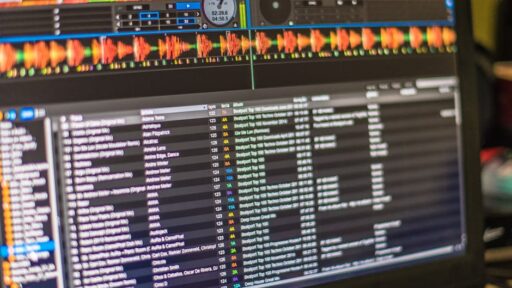Balancing Productivity and Privacy: Navigating Employee Monitoring in the Modern Workplace
In today’s rapidly evolving work environment, productivity and privacy often stand at odds. As remote work becomes the norm, businesses are increasingly adopting employee monitoring systems to ensure workforce efficiency. However, it’s crucial to strike a balance between maintaining productivity and respecting employee privacy.
The Rise of Remote Work and Employee Monitoring
With the exponential growth of the remote work movement, surveillance technologies have become more prevalent. According to the American Management Association, nearly 80% of major companies monitor their employees’ Internet, phone, and email usage. Such monitoring is legal in the U.S., provided it is done on company-owned devices and for valid business reasons. However, employers must navigate federal and state laws, such as the Electronic Communications Privacy Act of 1986, which outlines the boundaries for electronic surveillance.
Legal Framework and Ethical Considerations
While U.S. laws permit monitoring on company-issued devices, ethical considerations must not be overlooked. Legal does not always equate to ethical, particularly when it comes to employee privacy. Employers must ensure that their monitoring practices are transparent and aim to foster trust rather than anxiety.
Transparency is key. Employees should be informed about the monitoring practices in place. Visible signage or clear communication about surveillance can help alleviate concerns while discouraging misconduct.
Choosing the Right Employee Monitoring Tools
When selecting monitoring software, it’s essential to choose tools that prioritize both legal compliance and ethical standards. Traqq, for example, offers a solution that enhances productivity while safeguarding employee privacy. It provides detailed activity tracking and productivity insights without collecting sensitive information.
Traqq emphasizes transparency by allowing employees to access and manage their activity data, empowering them to maintain control over their privacy. This approach fosters trust and collaboration between teams and management.
Conclusion
As businesses continue to embrace remote work, the challenge lies in balancing productivity and privacy. By adhering to legal frameworks and ethical standards, companies can ensure that employee monitoring contributes positively to the workplace. Tools like Traqq offer a pathway to achieving this balance, promoting productivity while respecting privacy.
Download Traqq today and experience a productivity-boosting tool that safeguards employee privacy, free for up to three users.



